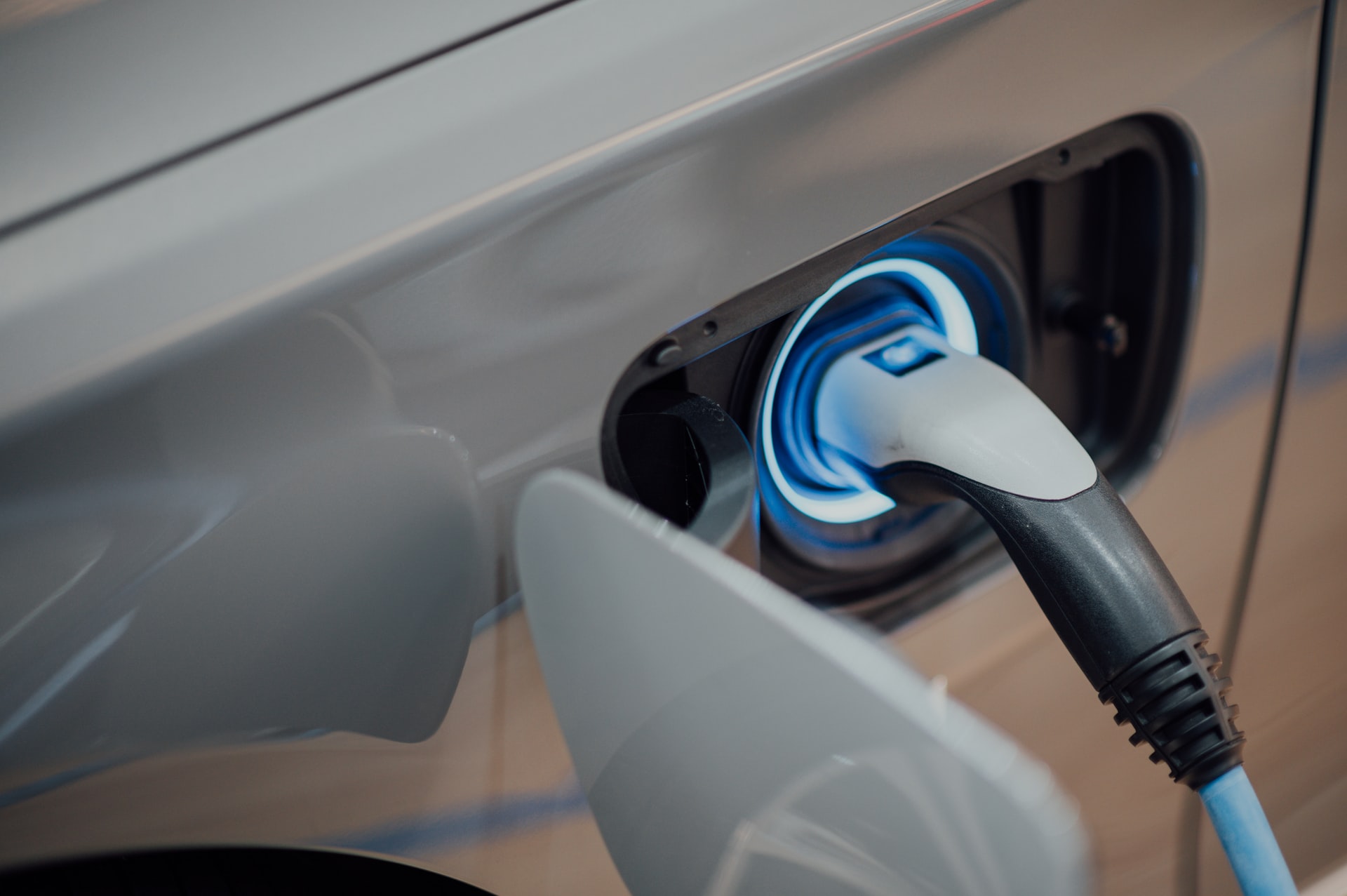If you’re buying a new or used car soon, you may be considering both electric vehicles (EVs) and gas vehicles. An electric car could be more cost-efficient over time, but gas vehicles are often more convenient. There are also other key benefits of each to consider before making a purchase.
The Rise of Electric Cars: Will They Replace Gas Cars?
Electric car purchases have increased recently, reaching a record high in 2021 due to rising fuel costs. And although demand is steadily growing, there’s no surefire way to know when or if they’ll completely replace gas cars, despite recent studies showing a steep decline in gas car inventory by 2033.
However, you should know that the National Highway Traffic Administration (NHTSA) enacted a rule mandating increases in fuel efficiency in the near future. Car manufacturers must adhere to the 8 percent increase in fuel efficiency requirements when producing 2024 and 2025 models. After that, it increases to 10 percent for 2026 models.
These changes could make electric vehicles even more attractive to consumers.
Types of Electric Cars
There are three primary types of electric cars to choose from.
All Electric (Battery-Electric, BEVs)
Both fuel-cell electric and battery-electric vehicles (BEVs) fall into this category.
BEVs rely only on battery power and can be charged at commercial charging stations or at your home. Fuel-cell electric vehicles require hydrogen and are only available in California.
Hybrid Electric (HEVs)
HEVs pull energy from their electric motor when accelerating, followed by gas to operate. And it powers off when the vehicle comes to a complete stop. So, you’ll see a reduction in fuel consumption, and there’s no need to use a charging station since the electric battery pack recharges on its own.
Plug-in Hybrid Electric (PHEVs)
PHEVs also use gasoline but feature larger electric battery packs that are rechargeable and can lower your gas consumption by 60 percent, which is a plus considering the recent increase in gas prices.
Electric Cars vs. Gas Cars
Educate yourself on the benefits and drawbacks of electric cars vs. gas cars before making a purchase decision.
Pros of Gas Cars
Gas cars are a convenient option for many drivers. Although fuel costs are currently on the higher end, you can purchase a vehicle for less than what you’ll pay for an electric model. Plus, you won’t have to worry about charging your car or running out of power on extended road trips.
Pros of Electric Cars
The most notable benefits are lower fuel costs, if any, and a far lower environmental impact. But another benefit that’s not as widely discussed is the cost savings you’ll receive by not having to visit the dealership for routine maintenance. Since electric vehicles don’t have engines, you won’t have to worry about getting oil changes that can result in hefty maintenance costs, depending on the vehicle, or making costly engine-related repairs. Plus, you may be able to take advantage of tax credits of up to $7,500 that are offered to select electric car buyers.
Cons of Gas Cars
Each time a gas car runs, it emits fuel that exacerbates the air pollution crisis currently happening in the United States. You must also consider fuel costs, which can take a sizable chunk out of your wallet if your car isn’t fuel-efficient or only gets a limited amount of miles per gallon when in use.
Cons of Electric Cars
As mentioned earlier, electric cars generally have a higher price tag than gas cars. You may also find it inconvenient to spend time sitting around waiting for your vehicle to recharge at a charging station.
When to Choose a Gas Car vs. an Electric Car
A gas car may be the best choice if you don’t want to worry about having to recharge your vehicle or plan out your route on extended road trips. However, purchasing an electric car could be more sensible if you want to lower the carbon footprint and don’t mind spending more upfront to receive significant cost savings in the future. Ultimately, deciding which is best is a personal decision since both options have an equal amount of benefits and drawbacks that could make either an ideal choice for you.
Refinance Your Existing Car Loan to Save for an Electric Car
Do you find an electric vehicle to be more attractive but don’t have enough cash on hand to swap out your current ride? Consider refinancing your gas car to free up funds in your monthly budget that can be used towards a down payment.







